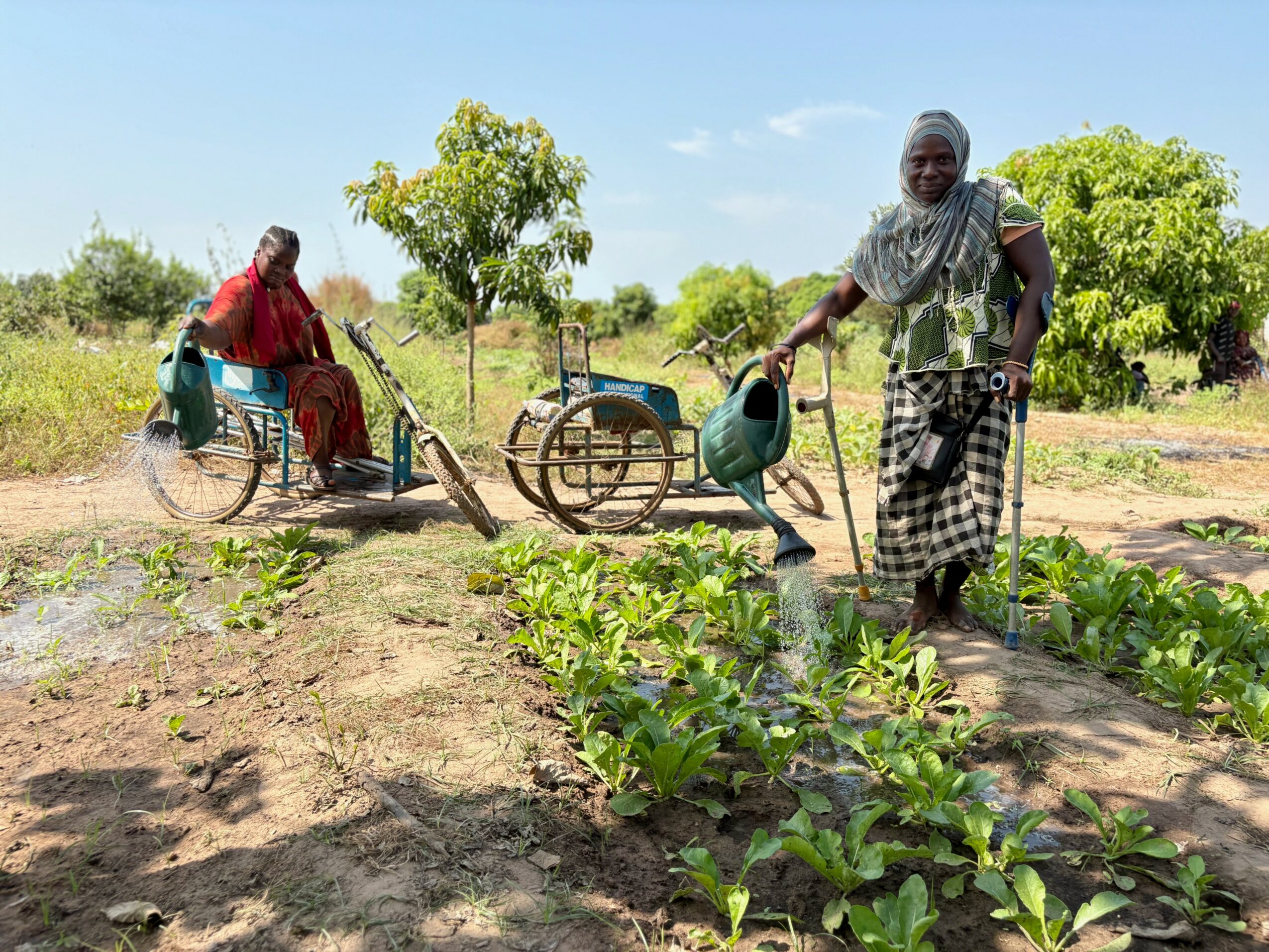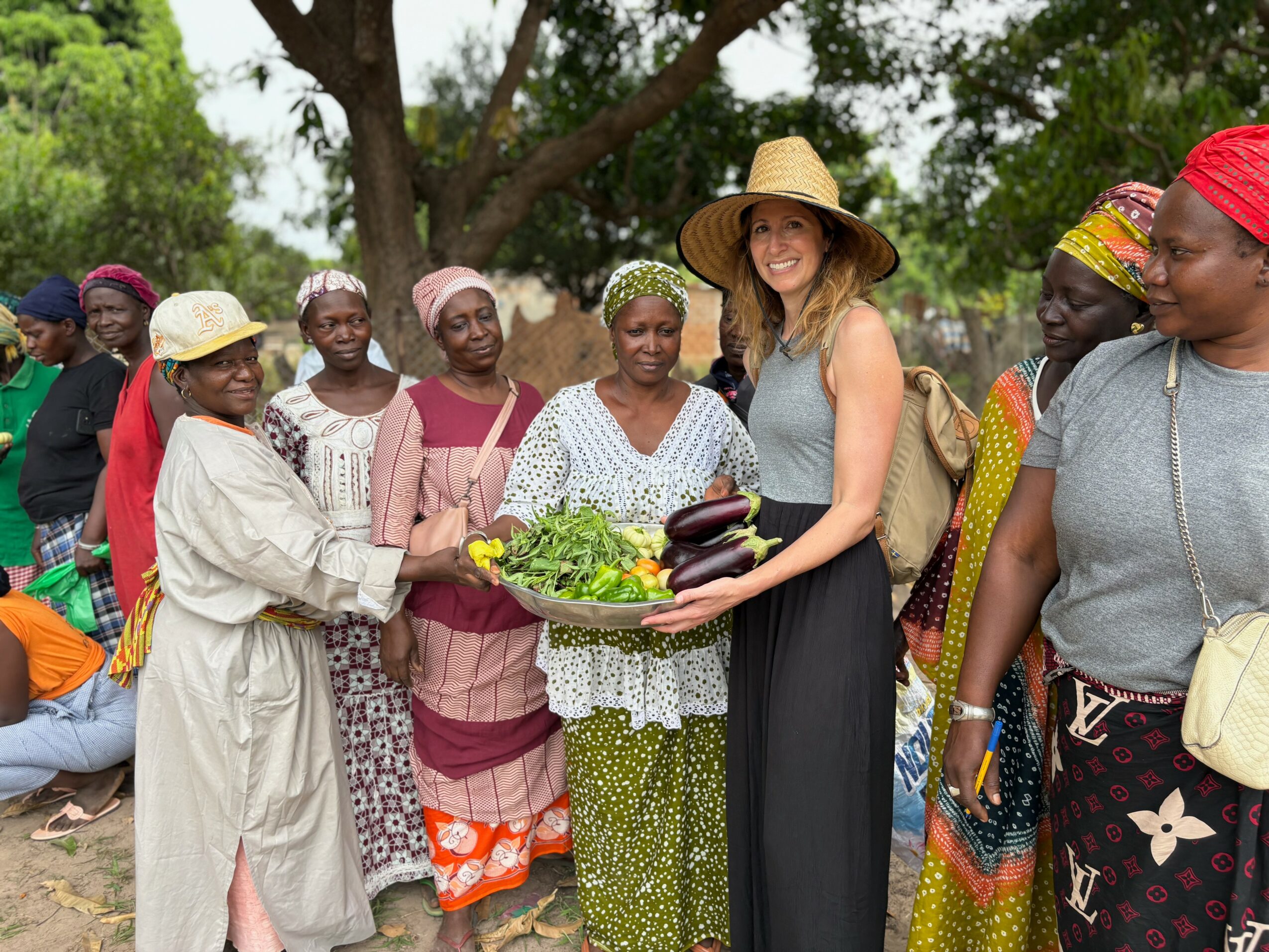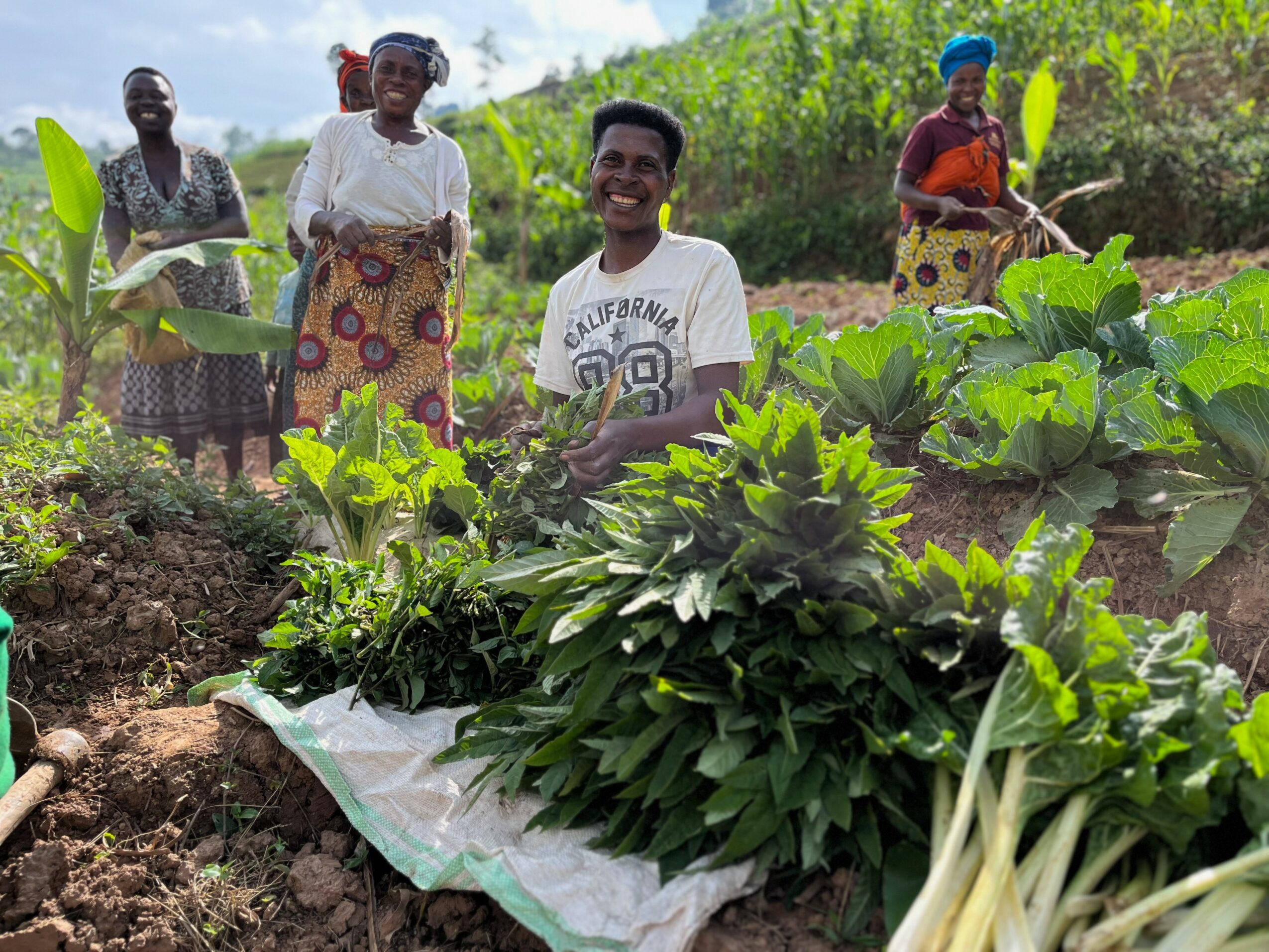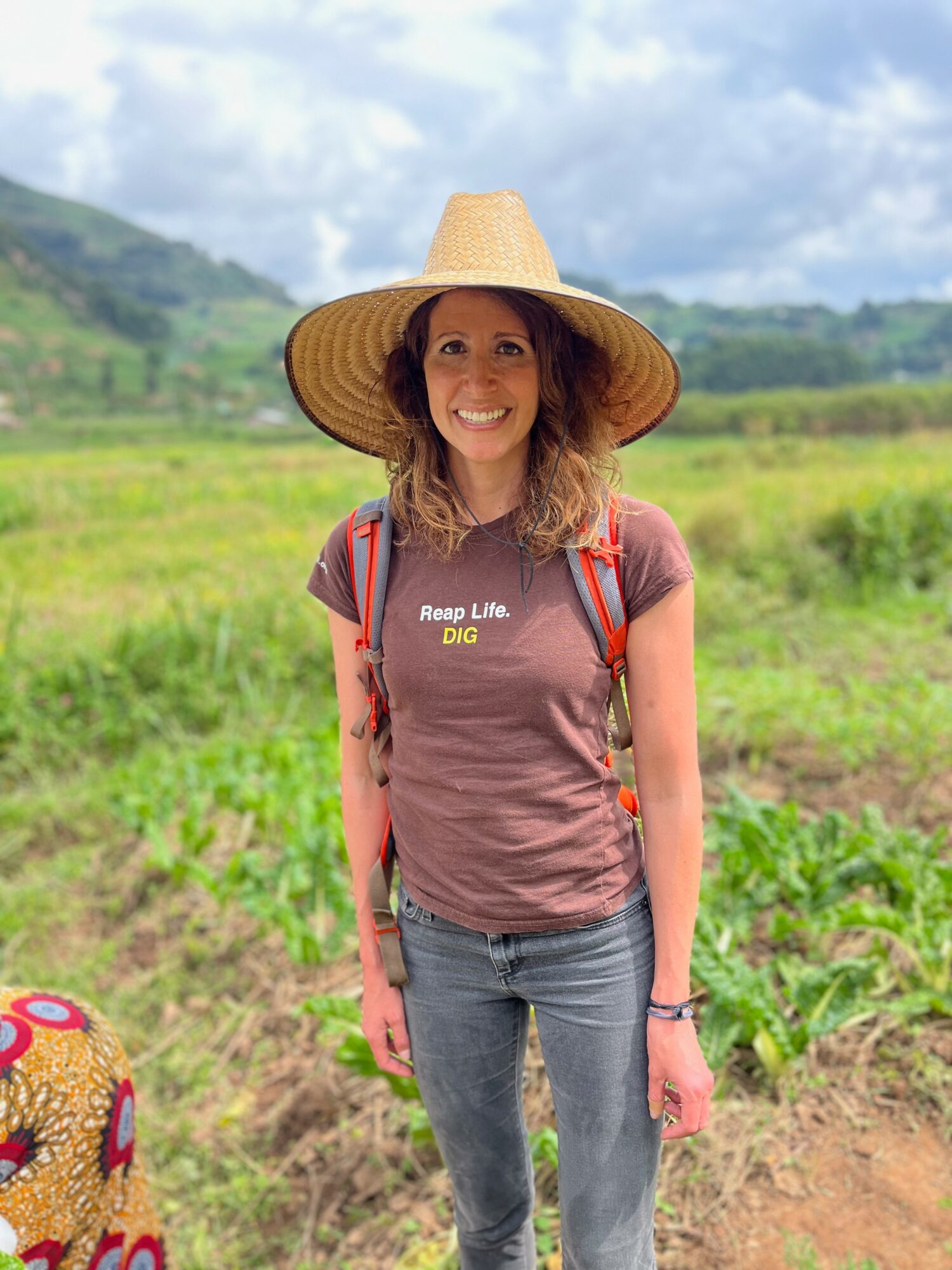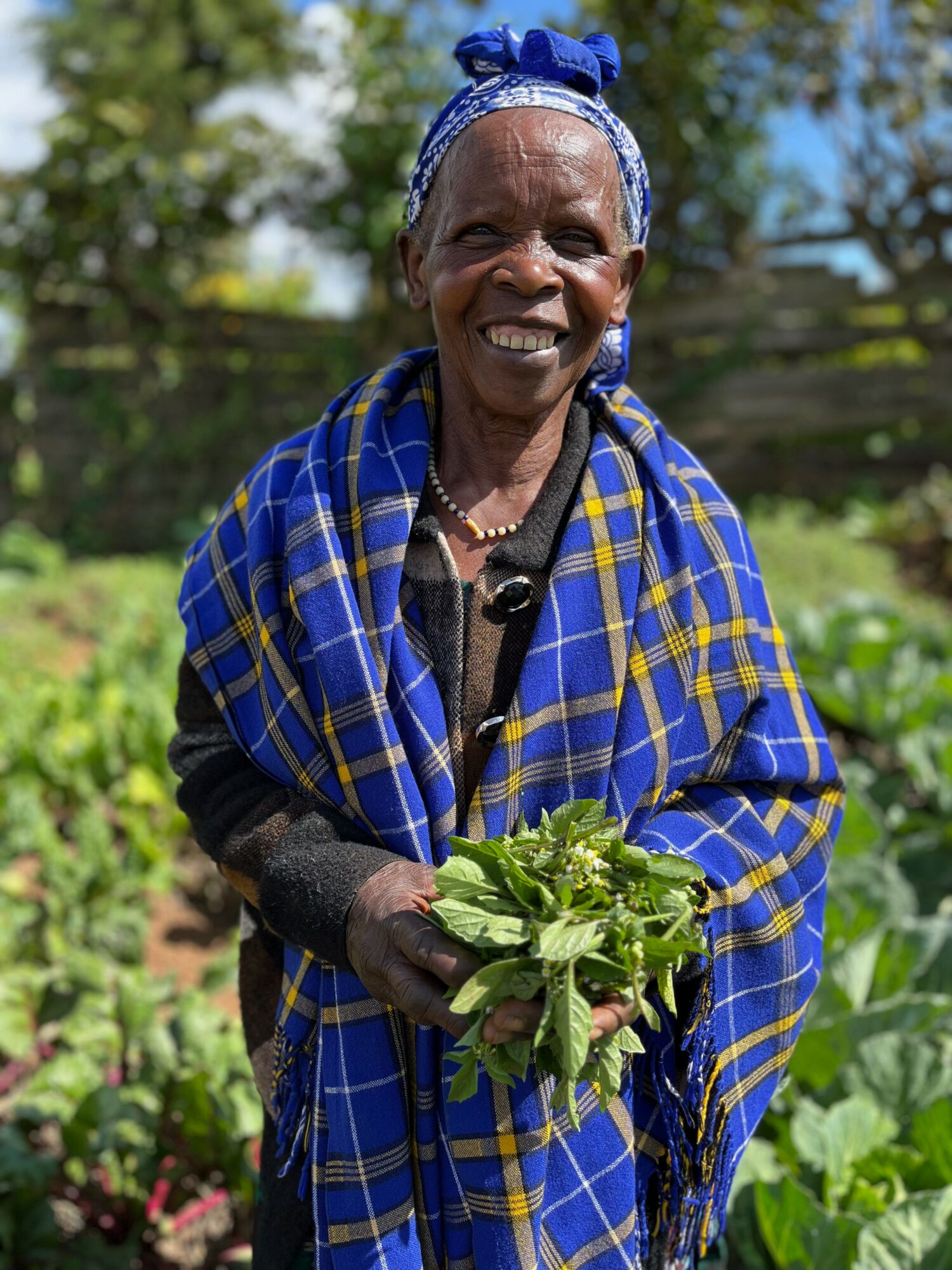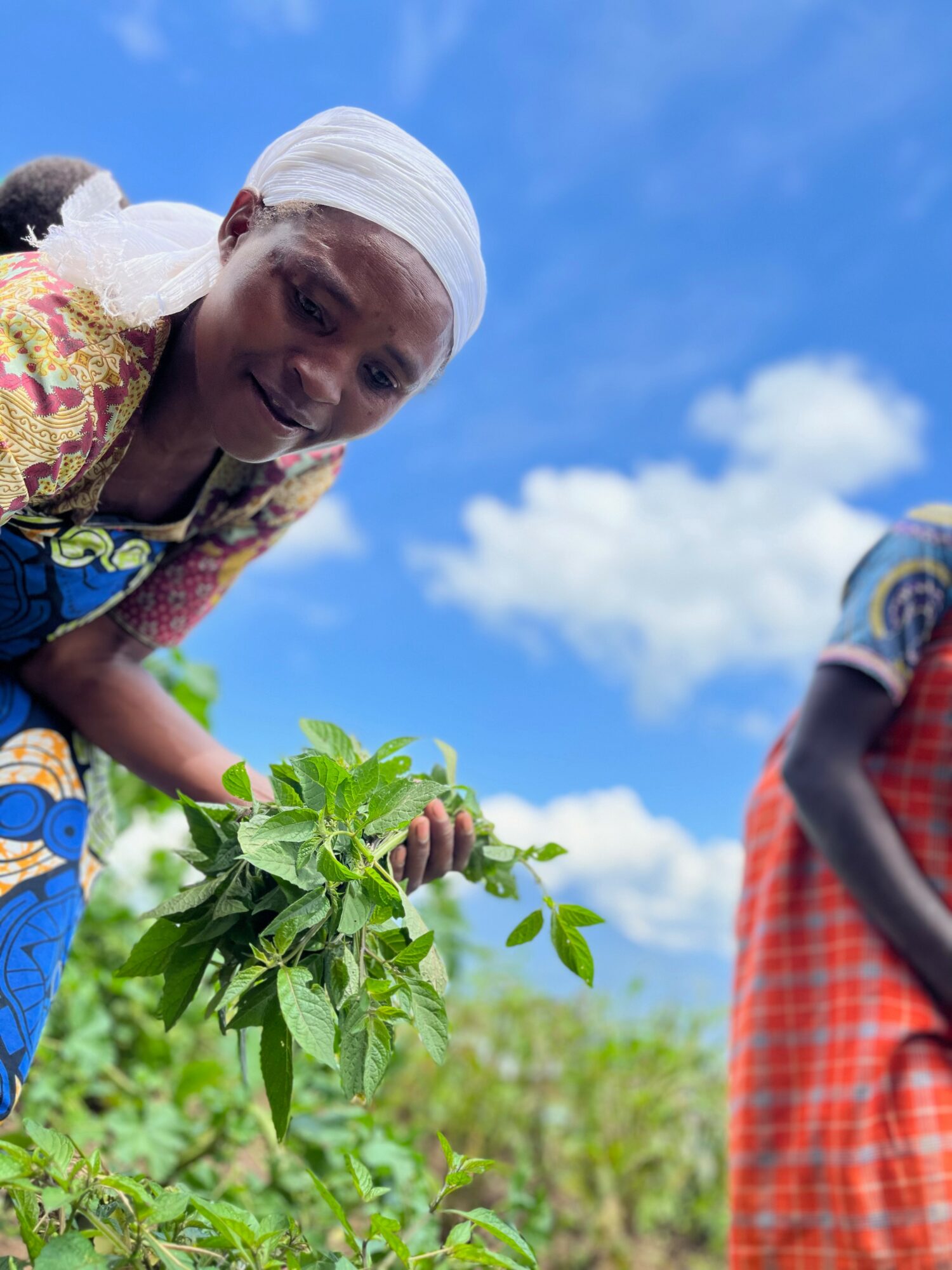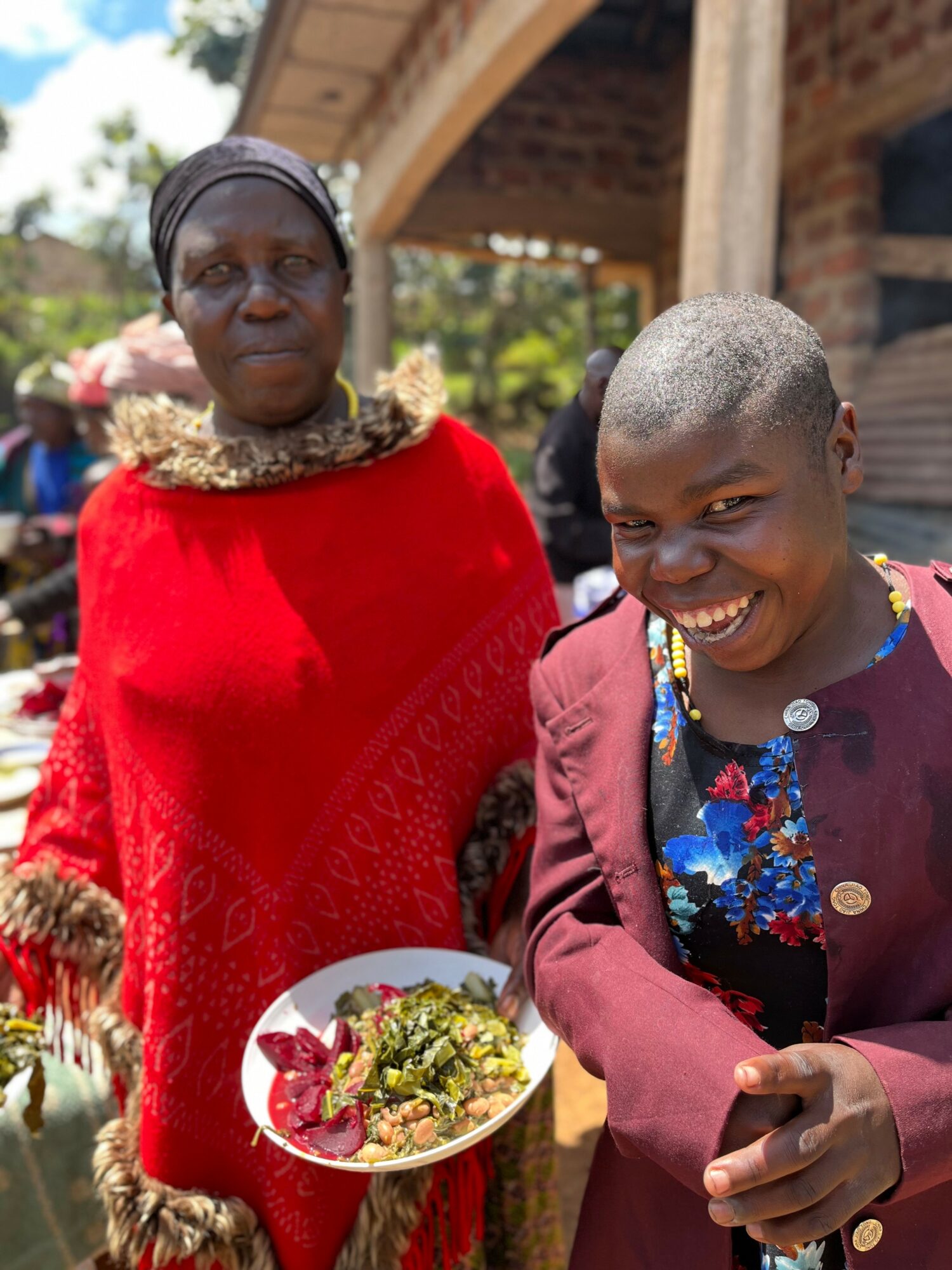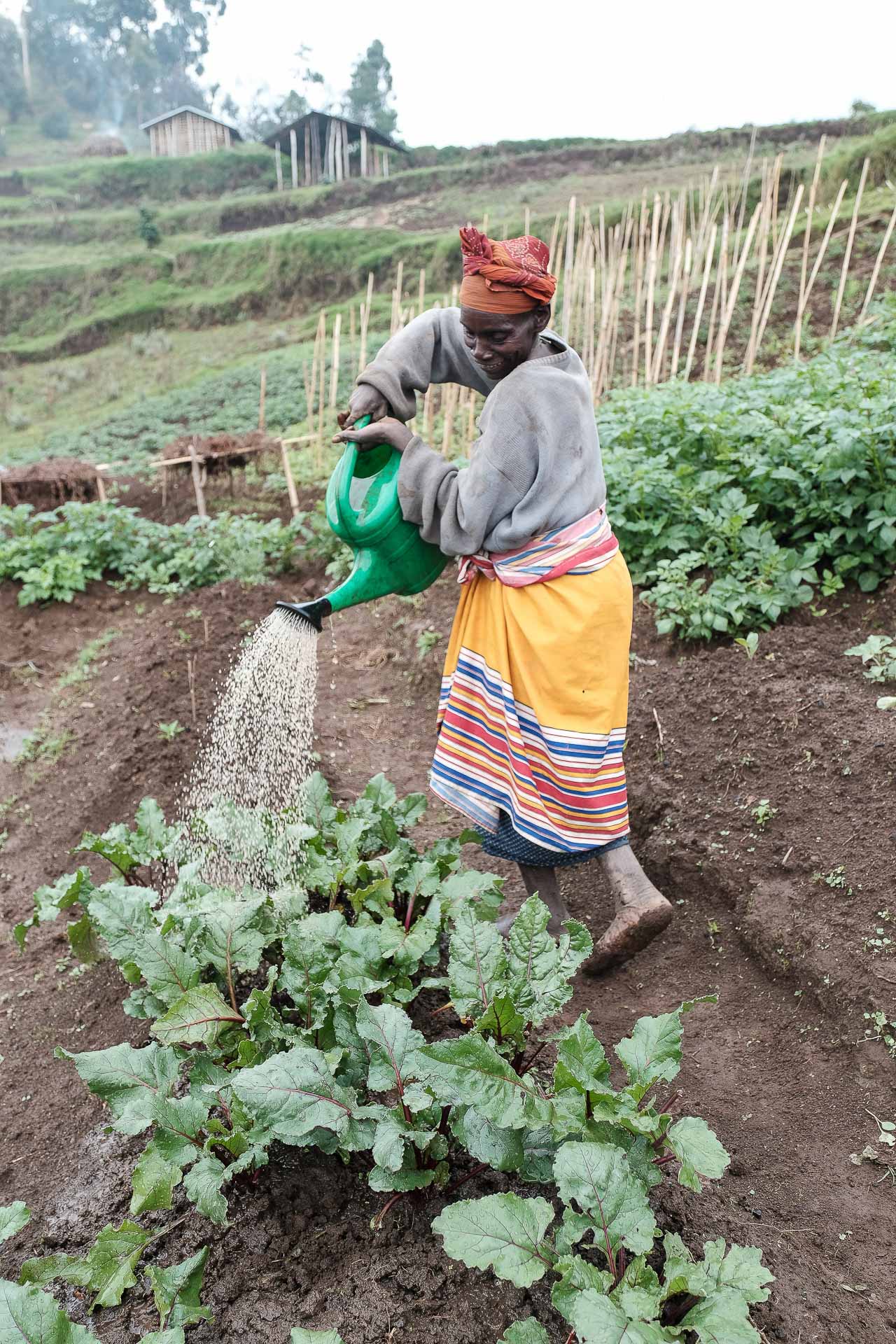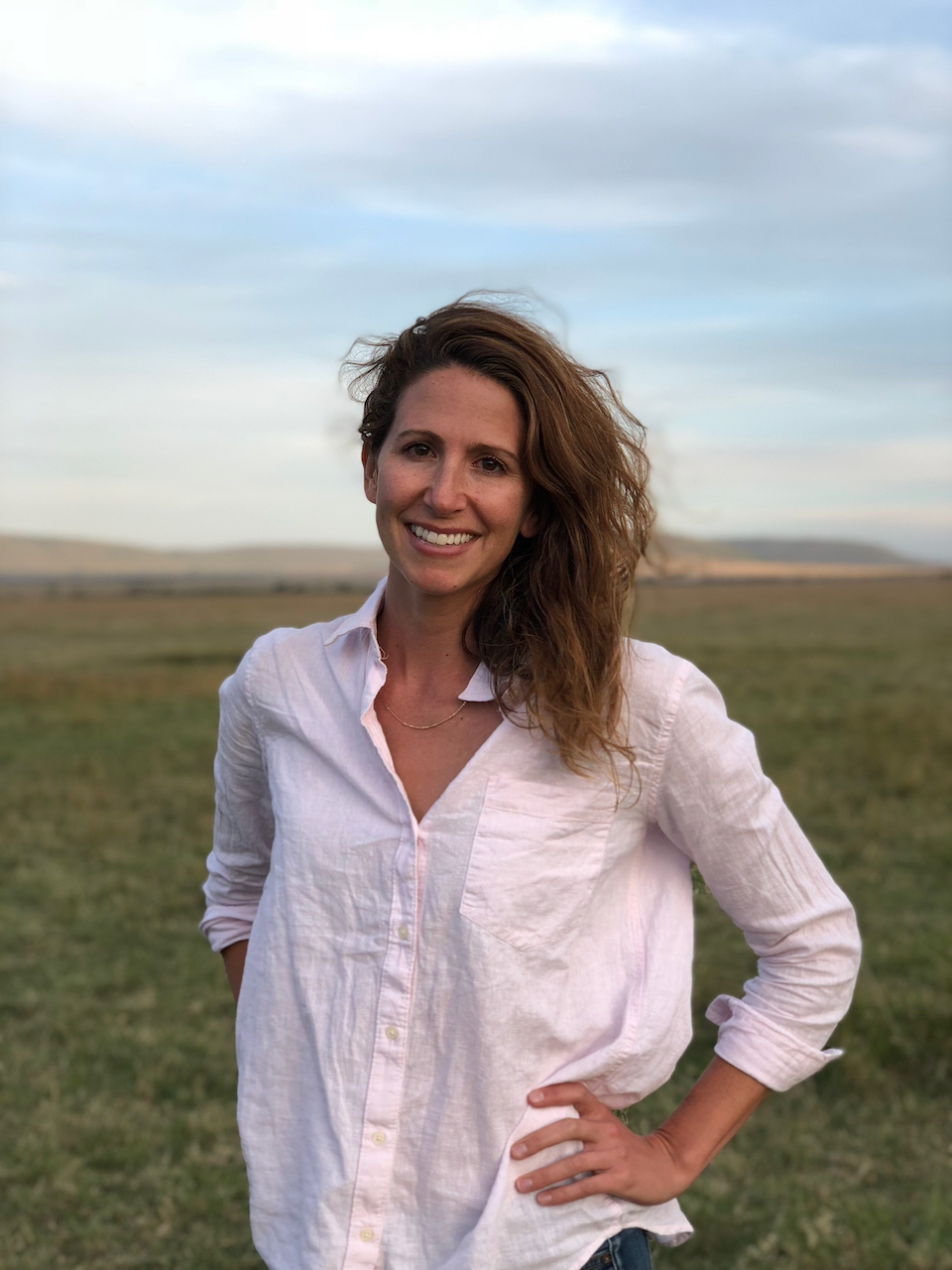

Today we’d like to introduce you to Sarah Koch.
Hi Sarah, can you start by introducing yourself? We’d love to learn more about how you got to where you are today?
My journey began as a Peace Corps Volunteer in Senegal from 2005 to 2007, where I was placed in a rural village 13 hours from Dakar to support community health. I had been trained in the Mandinka language, but quickly discovered that the people in my village spoke Jakhanke, a related but distinctly different language. So I had to start over, learning by living in community, recognizing that I had everything to learn and that those I thought I was there to serve had everything to teach me.
That experience, along with many that followed, taught me the value of listening. I began asking people about their most pressing health concerns. Over time they pointed to malaria, clean water, maternal and child health, and family planning in an extremely patriarchal society. I’ll never forget when a humanitarian group delivered white mosquito nets. Knowing malaria was a major issue, I couldn’t understand why no one was using them. I eventually learned that in this village, white cloths were used to bury the dead. It made perfect sense. Once the community decided to dye the nets green, they began using them. That moment shifted something in me. I saw how listening with humility can lead to real and lasting change. I also realized how few development organizations actually make space for that kind of listening.
In 2006, I co-founded Development in Gardening (DIG) with a fellow Peace Corps Volunteer, Steve Bollinger, who introduced me to therapeutic gardening for people living with HIV. What started as a small idea has grown into a nonprofit working across Senegal, Kenya, and Uganda to equip vulnerable communities with the tools to grow their own food, improve their health, and build resilience through agroecology.
Since 2006, I’ve served as DIG’s Executive Director. I now lead a global team that works in close partnership with local leaders to adapt our approach to each community’s unique context. I carry the lessons of Peace Corps with me every day, especially the importance of showing up, listening closely, and believing in the power of community-led solutions. Today, my work is rooted in the belief that growing food can be a radical act of healing, dignity, and empowerment. It brings me immeasurable joy to be part of this work.
I’m sure it wasn’t obstacle-free, but would you say the journey has been fairly smooth so far?
Not at all. It’s been anything but smooth, but I think that’s what makes the work meaningful. From the very beginning, I’ve had to learn how to navigate uncertainty, build trust across cultures, and stay grounded in our purpose even when the path forward isn’t clear.
One of the biggest challenges early on was legitimacy. As a young, white, American woman working in African communities, I had to constantly examine my role and earn trust in ways that were slow, quiet, and sometimes invisible. That required listening more than speaking and showing up consistently over time. It also meant learning how to lead in partnership rather than from a place of control.
Building DIG from the ground up has come with its own set of struggles, funding gaps, funding instability, and all the growing pains of scaling a grassroots model while staying true to our values. There have been plenty of moments where it would have been easier to quit or pivot into something safer, I’ve definitely daydreamed about that. But I’ve learned that doing this work means being willing to sit in my discomfort, listen deeply, and keep going.
What has kept me grounded through all of it is the people we work with; farmers, mothers, community leaders, who bring courage, insight, and innovation every single day. They remind me why I do this and who I do it for.
Appreciate you sharing that. What else should we know about what you do?
At DIG, we work with some of the most overlooked communities in sub-Saharan Africa to grow food in ways that improve health, restore the environment, and build resilience. We specialize in regenerative agriculture and community-based training that is deeply tailored to local cultures, needs, and goals. What makes our approach different is that it is designed with, not for, communities. We prioritize listening, co-creation, and the belief that people are the best architects of their own solutions.
Our programs support families facing serious barriers, such as those living with HIV, disability, or extreme poverty, to grow diverse, nutrient-dense gardens. But the work goes far beyond food. What we’re really doing is investing in dignity, self-reliance, and systems change. Our model is intentionally adaptive. We don’t come in with fixed answers. We train local facilitators, many of whom graduated from our programs, to lead the work because they are the experts in their communities.
I think I’m known for building deep trust and long-term partnerships, and for holding space for others to lead. I’m most proud of the way we’ve grown, slowly, intentionally, and in a way that honors the people we work with. DIG isn’t a top-down organization. It’s a living, evolving collaboration between staff, community members, and global partners who share a belief that growing food can be a powerful act of transformation.
What sets us apart is our commitment to leaving. Our goal is never to become a permanent fixture in any community. We work alongside people until they no longer need us, until they have the skills, confidence, and systems in place to carry the work forward on their own terms. We design our programs to build autonomy from day one, so that farmers graduate into self-reliance and leadership. We believe the real measure of success is when communities take full ownership and no longer require our support.
Is there a quality that you most attribute to your success?
If I had to name one quality that has shaped my path, it would be a commitment to listening and staying grounded in purpose. I’ve learned to be comfortable not being the expert in the room, to ask questions, follow the lead of others, and let the work be shaped by those closest to the challenge. That mindset has helped me build trust across cultures and stay open to solutions I could never have come up with on my own.
At the same time, I hold a very high bar for quality and integrity. I care deeply about doing things well and staying aligned with our core values, even when it’s hard or inconvenient. That shows up in how we design programs, how we build partnerships, and how we grow as a team. It’s not about perfection, but about staying honest, intentional, and deeply respectful of the people and communities we serve.
Contact Info:
- Website: https://www.DIG.org
- Instagram: https://www.instagram.com/dig_org/
- Facebook: https://www.facebook.com/DevelopmentInGardening
- LinkedIn: https://www.linkedin.com/in/sarah-koch-b6bb8b26
- Youtube: https://www.youtube.com/@dig_org
